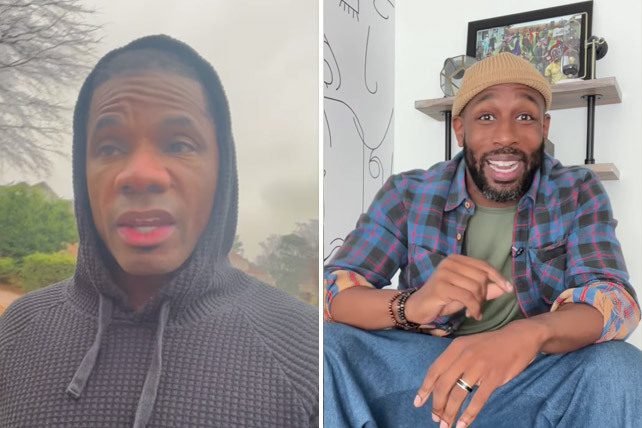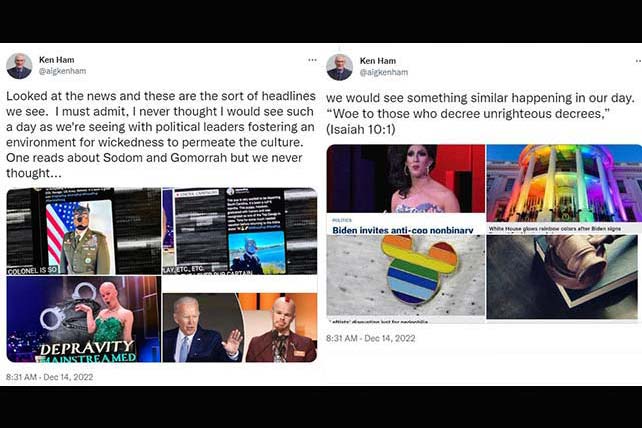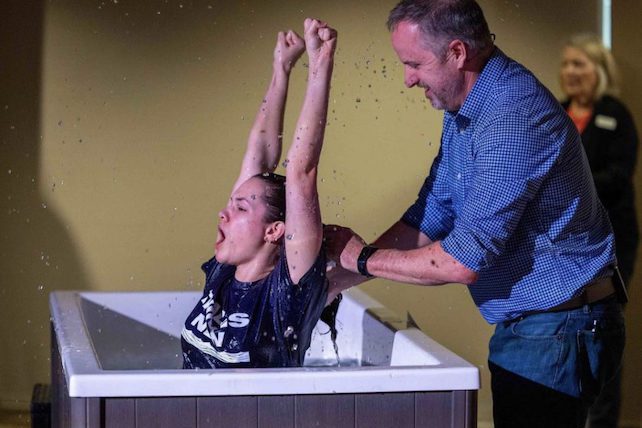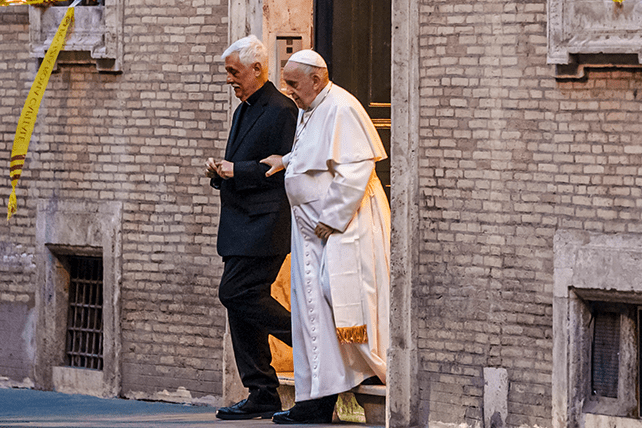NASHVILLE (BP) – Pickleball has been the fastest growing sport in America for the past two years, and Southern Baptist churches are using it as a way to build relationships among their members and reach out to their communities.
Invented in 1965 near Seattle, pickleball resembles Ping-Pong, badminton or tennis.
Players stand on opposite sides of a 3-foot-high net and use paddles to return a plastic ball back and forth until the ball is either hit out of bounds, hit illegally or bounces twice.
For Lee Chinnis, support pastor at Charleston Baptist Church in S.C., the simplicity of the sport has made it popular with both church members and guests.
“We have used pickleball for building in-house community, but also for our congregation to invite friends who may not normally come to church to play,” Chinnis said.
“It’s a good sport to bring people together and that’s what we were trying to do. We were trying to get some of our congregation who might not know each other to do so.”
Part of Chinnis’ job as support pastor is developing hospitality events and organizing church activities like sports.
He told Baptist Press the church was planning to establish pickleball as a weekly activity at their gym right before the COVID-19 pandemic hit.
After several months of planning, Charleston Baptist purchased four pickleball nets which they set up for people to play every Tuesday. Guests can sign up for a time slot via an app and reserve a court to play singles or doubles games.
Since starting the program earlier this fall, Chinnis said there are currently 80 registered users on the app, and the church usually has between 20-25 people playing each Tuesday.
Although the sport was initially most appealing to the older members of Charleston, Chinnis quickly realized the game is truly for everyone.
“We started by just trying to get our older generation to come out and play … but we now have a very wide variety of people that come to play, including some 20-year-olds and some kids as young as 9,” Chinnis said.
“The sport is just so amazing because it’s just contagious. It’s not a hard game to learn. It’s quick to pick up and anybody can have fun with it.”
Recent statistics prove Chinnis’ sentiment.
According to The Sports & Fitness Industry Association’s 2022 annual report, pickleball was the country’s fastest growing sport in both 2021 and 2022. During those two years, the sport’s popularity grew by nearly 40 percent.
The report said the U.S. boasts nearly 5 million pickleball players, and according to an article from ESPN, the fastest-growing demographic is people under the age of 24.
Many superstar professional athletes have made headlines by financially investing in several Major League Pickleball (MLP) teams. Investing athletes include LeBron James, Tom Brady, Drew Brees and Patrick Mahomes.



























